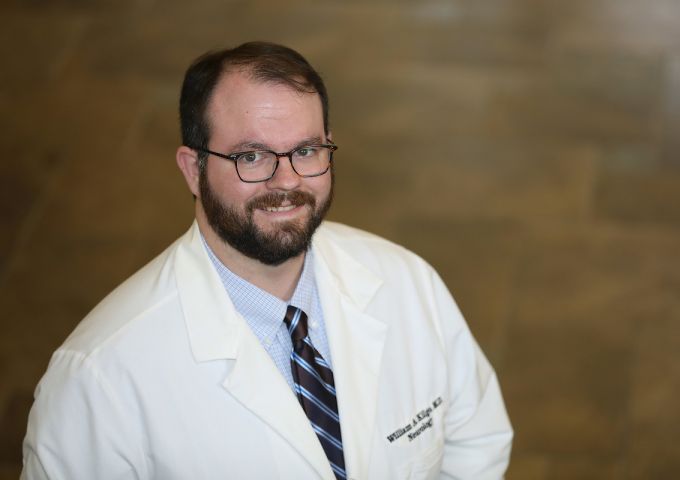
Are Antibiotics the Answer?
Are antibiotics the answer to treat all infections effectively?
Dr. Benjamin Estrada, professor of pediatrics at the University of South Alabama College of Medicine and a pediatric infectious disease specialist with USA Physicians Group, said most infections in the general population are caused by viruses, which are not killed by antibiotics.
With this in mind, Dr. Estrada said antibiotics are an effective treatment for many bacterial infections, but should not be used -- in adults or children -- to treat viral infections such as colds, most causes of cough, or the flu.
“Utilizing antibiotics to treat a viral infection will not treat the infection and will increase the likelihood of unwanted side effects of antibiotic therapy,” Dr. Estrada said.
According to Dr. Estrada, most bacterial infections require antibiotic therapy. The type of antibiotic to be utilized depends on the type of bacteria.
“Not all antibiotics are effective against all organisms,” he said. “The best way to confirm a bacterial infection is to obtain a bacterial culture from the most likely site of infection prior to initiation of antibiotic therapy.” Sometimes, obtaining a culture may not be possible – especially in children – so physicians utilize clinical criteria designed to determine the risk of a bacterial infection as being the cause of symptoms.
Dr. Estrada said there are negative consequences of taking antibiotics when they are not needed. Antibiotics can have unwanted side effects such as allergic reactions, blood cell, kidney or liver problems. Inappropriate use of antibiotics in patients can over time also induce the development of antibiotic-resistant infections, which are harder to treat.
"If someone has been treated with multiple unnecessary courses of antibiotics, their own bacteria can become resistant to antibiotics,” Dr. Estrada said. “If that patient ever becomes sick with these bacteria, his or her risk of developing a serious infection with resistant bacteria is higher."
If you have a viral infection, there are some things that can be done to feel better without taking antibiotics:
• Remain well hydrated by drinking plenty of fluids.
• Use a cool mist vaporizer or saline nasal spray to relieve congestion.
• Provide symptomatic relief for pain and fever with medications such as acetaminophen or ibuprofen.
In the case of a child who has been treated with multiple unnecessary courses of antibiotics, it is possible that their resistant bacteria can infect other children or caretakers. Dr. Estrada said it is important to remember that many of the infections in children can be effectively prevented by providing children with the recommended immunizations and by promoting hand hygiene among children and their caretakers.
To learn more about antibiotic resistance, visit http://www.cdc.gov/drugresistance/.




